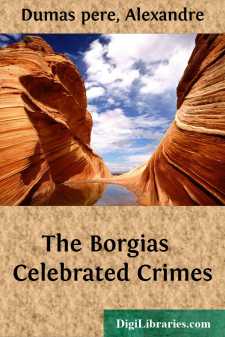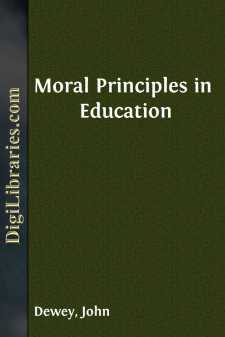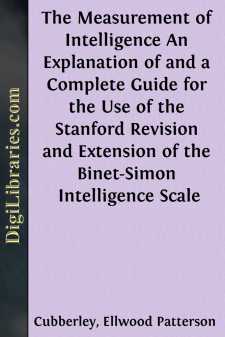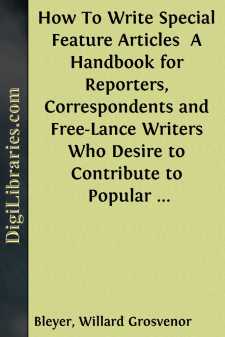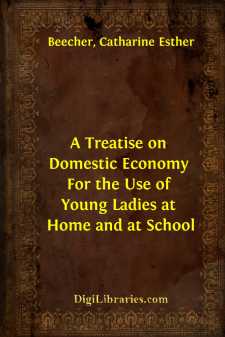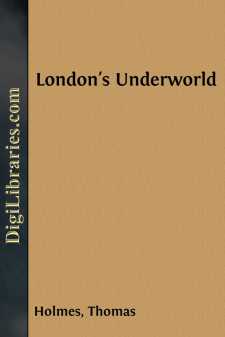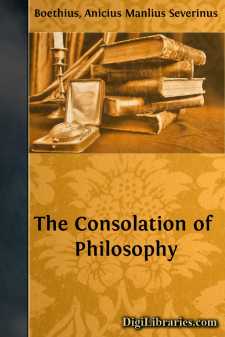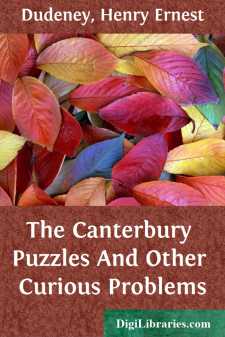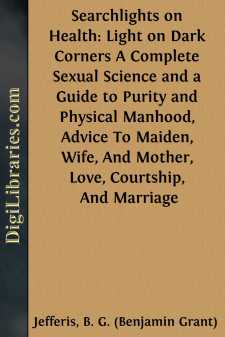Categories
- Antiques & Collectibles 13
- Architecture 36
- Art 48
- Bibles 22
- Biography & Autobiography 813
- Body, Mind & Spirit 142
- Business & Economics 28
- Children's Books 17
- Children's Fiction 14
- Computers 4
- Cooking 94
- Crafts & Hobbies 4
- Drama 346
- Education 46
- Family & Relationships 57
- Fiction 11829
- Games 19
- Gardening 17
- Health & Fitness 34
- History 1377
- House & Home 1
- Humor 147
- Juvenile Fiction 1873
- Juvenile Nonfiction 202
- Language Arts & Disciplines 88
- Law 16
- Literary Collections 686
- Literary Criticism 179
- Mathematics 13
- Medical 41
- Music 40
- Nature 179
- Non-Classifiable 1768
- Performing Arts 7
- Periodicals 1453
- Philosophy 64
- Photography 2
- Poetry 896
- Political Science 203
- Psychology 42
- Reference 154
- Religion 513
- Science 126
- Self-Help 84
- Social Science 81
- Sports & Recreation 34
- Study Aids 3
- Technology & Engineering 59
- Transportation 23
- Travel 463
- True Crime 29
Sort by:
INTRODUCTION The contents of these volumes of 'Celebrated Crimes', as well as the motives which led to their inception, are unique. They are a series of stories based upon historical records, from the pen of Alexandre Dumas, pere, when he was not "the elder," nor yet the author of D'Artagnan or Monte Cristo, but was a rising young dramatist and a lion in the literary set and...
more...
by:
John Dewey
Education as a public business It is one of the complaints of the schoolmaster that the public does not defer to his professional opinion as completely as it does to that of practitioners in other professions. At first sight it might seem as though this indicated a defect either in the public or in the profession; and yet a wider view of the situation would suggest that such a conclusion is not a...
more...
EDITOR’S INTRODUCTION The present volume appeals to the editor of this series as one of the most significant books, viewed from the standpoint of the future of our educational theory and practice, that has been issued in years. Not only does the volume set forth, in language so simple that the layman can easily understand, the large importance for public education of a careful measurement of the...
more...
CHAPTER I THE FIELD FOR SPECIAL ARTICLES Origin of Special Articles. The rise of popular magazines and of magazine sections of daily newspapers during the last thirty years has resulted in a type of writing known as the "special feature article." Such articles, presenting interesting and timely subjects in popular form, are designed to attract a class of readers that were not reached by the...
more...
There are some reasons, why American women should feel an interest in the support of the democratic institutions of their Country, which it is important that they should consider. The great maxim, which is the basis of all our civil and political institutions, is, that "all men are created equal," and that they are equally entitled to "life, liberty, and the pursuit of happiness." But...
more...
by:
Thomas Holmes
CHAPTER I. MY FRIENDS AND ACQUAINTANCES The odds and ends of humanity, so plentiful in London's great city, have for many years largely constituted my circle of friends and acquaintances. They are strange people, for each of them is, or was, possessed of some dominating vice, passion, whim or weakness which made him incapable of fulfilling the ordinary duties of respectable citizenship. They had...
more...
SONG I.Boethius' Complaint.Who wrought my studious numbersSmoothly once in happier days,Now perforce in tears and sadnessLearn a mournful strain to raise.Lo, the Muses, grief-dishevelled,Guide my pen and voice my woe;Down their cheeks unfeigned the tear dropsTo my sad complainings flow!These alone in danger's hourFaithful found, have dared attendOn the footsteps of the exileTo his lonely...
more...
INTRODUCTION Readers of The Mill on the Floss will remember that whenever Mr. Tulliver found himself confronted by any little difficulty he was accustomed to make the trite remark, "It's a puzzling world." There can be no denying the fact that we are surrounded on every hand by posers, some of which the intellect of man has mastered, and many of which may be said to be impossible of...
more...
Knowledge is Safety. 1. The old maxim, that "Knowledge is power," is a true one, but there is still a greater truth: "Knowledge is Safety." Safety amid physical ills that beset mankind, and safety amid the moral pitfalls that surround so many young people, is the great crying demand of the age. 2. Criticism.—While the aim of this work, though novel and to some extent is daring, it is...
more...
by:
Laurence Binyon
INTRODUCTION Whatever its outward expression, human thought remains essentially unchanged and, throughout all of its manifestations, is fundamentally the same. Varying phases are but accidents and underneath the divers wrappings of historic periods or different civilizations, the heart as well as the mind of man has been moved by the same desires. Art possesses a unity like that of nature. It is...
more...


